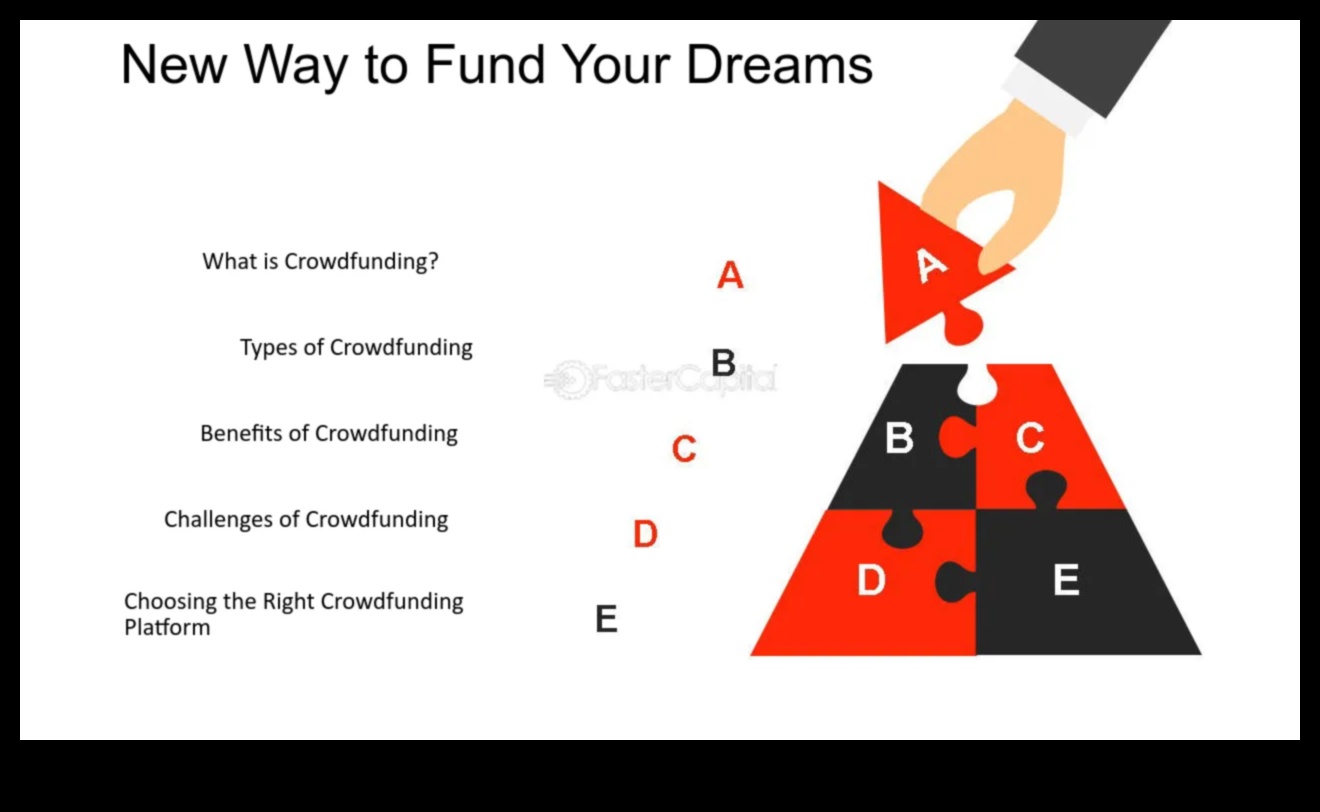
What is crowdfunding?
Crowdfunding is a type of online fundraising that allows individuals or groups to raise money from a large number of people, typically through the internet.
Crowdfunding platforms typically charge a fee to the project creator, which is usually a percentage of the total amount raised.
There are many different types of crowdfunding platforms, each with its own set of features and benefits. Some of the most popular platforms include Kickstarter, Indiegogo, and GoFundMe.
Crowdfunding has become increasingly popular in recent years, as it offers a way for people to raise money for a variety of projects, from starting a new business to funding a creative project.
Here are some of the benefits of crowdfunding:
- It can help you raise money for a project that you would not be able to fund on your own.
- It can help you build a community of supporters for your project.
- It can help you get your project off the ground faster.
Here are some of the drawbacks of crowdfunding:
- It can be time-consuming to set up and manage a crowdfunding campaign.
- There is no guarantee that you will reach your funding goal.
- You may have to give up a percentage of your profits to the crowdfunding platform.
If you are considering crowdfunding for your project, it is important to weigh the benefits and drawbacks carefully before making a decision.
| Crowdfunding | Features |
|---|---|
| Crowdsourcing | A type of crowdfunding where individuals or organizations can raise funds by asking for small donations from a large number of people. |
| Peer-to-peer lending | A type of crowdfunding where individuals lend money to each other directly, typically through an online platform. |
| Microlending | A type of crowdfunding that provides small loans to entrepreneurs and small businesses who may not be able to obtain loans from traditional banks. |
| Equity crowdfunding | A type of crowdfunding that allows investors to purchase equity in a company in exchange for funding. |
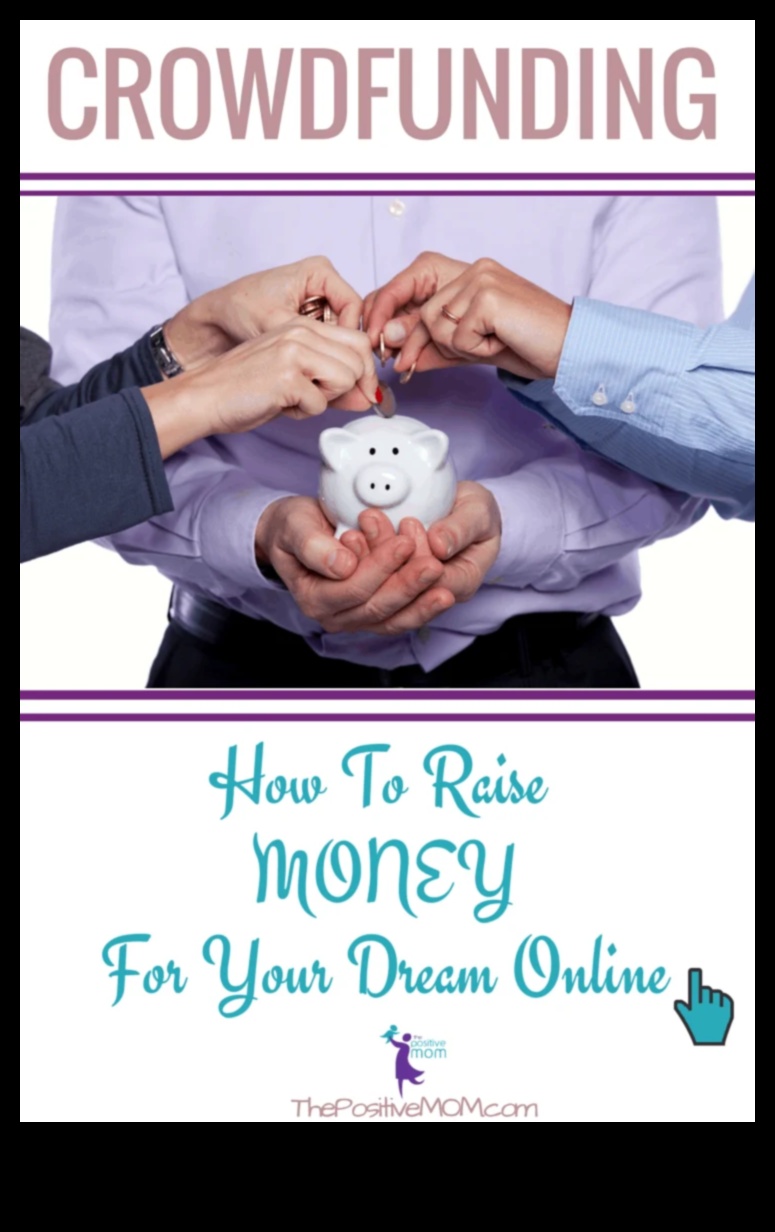
What is crowdfunding?
Crowdfunding is a collective funding method in which individuals or organizations raise money for a project or venture by asking a large number of people for small amounts of money.
Crowdfunding platforms typically charge a fee to the project creator, which is usually a percentage of the total amount of money raised.
Crowdfunding has become increasingly popular in recent years, as it provides a way for people to support projects that they are passionate about, and for businesses to raise capital without having to go through traditional channels.
There are many different types of crowdfunding platforms, each with its own unique features and benefits. Some of the most popular platforms include Kickstarter, Indiegogo, and GoFundMe.
What is crowdfunding?
Crowdfunding is a collective effort by individuals to fund a project or venture by pooling their resources together. Crowdfunding platforms typically allow individuals to donate small amounts of money to projects they are interested in, and the project is funded if it reaches its funding goal.
Crowdfunding has become increasingly popular in recent years, as it provides a way for individuals to support projects they are passionate about and to help entrepreneurs and businesses bring their ideas to life.
There are many different types of crowdfunding platforms, each with its own unique features and benefits. Some of the most popular crowdfunding platforms include Kickstarter, Indiegogo, and GoFundMe.
II. Types of crowdfunding
There are many different types of crowdfunding, each with its own unique features and benefits. Some of the most common types of crowdfunding include:
- Donation-based crowdfunding
- Reward-based crowdfunding
- Debt-based crowdfunding
- Equity crowdfunding
Each type of crowdfunding has its own advantages and disadvantages, so it’s important to choose the right type for your project. For more information on the different types of crowdfunding, please see our crowdfunding guide.
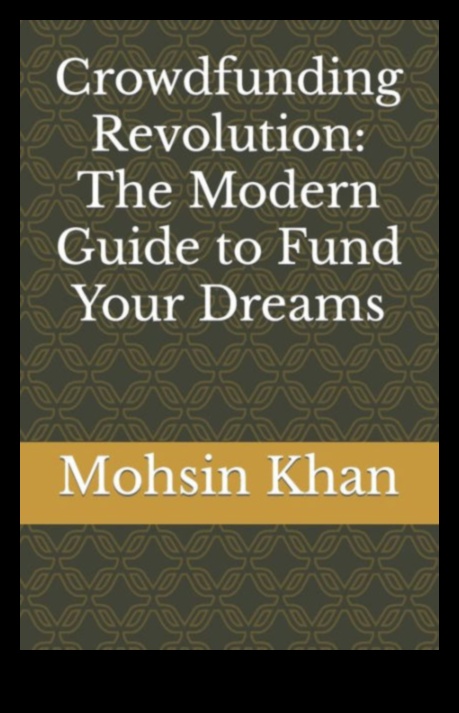
V. Drawbacks of crowdfunding
There are a number of drawbacks to crowdfunding that potential backers should be aware of before they decide to support a project. These include:
- The risk of not getting your money back. When you back a crowdfunding project, you are essentially lending money to the project creator. There is no guarantee that the project will be successful, and if it is not, you may not get your money back.
- The risk of the project being delayed or canceled. Crowdfunding projects are often ambitious, and there is a risk that they may not be completed on time or at all. If the project is delayed or canceled, you may not get your money back.
- The risk of the project not meeting your expectations. When you back a crowdfunding project, you are essentially trusting the project creator to deliver on their promises. There is a risk that the project may not meet your expectations, either in terms of quality or delivery time.
- The risk of fraud. There have been a number of cases of crowdfunding fraud, where project creators have taken advantage of backers by misrepresenting their projects or simply running off with the money. It is important to do your research before backing a crowdfunding project to make sure that the project is legitimate.
Despite these drawbacks, crowdfunding can still be a viable way to fund projects. However, it is important to be aware of the risks involved before you decide to support a crowdfunding project.
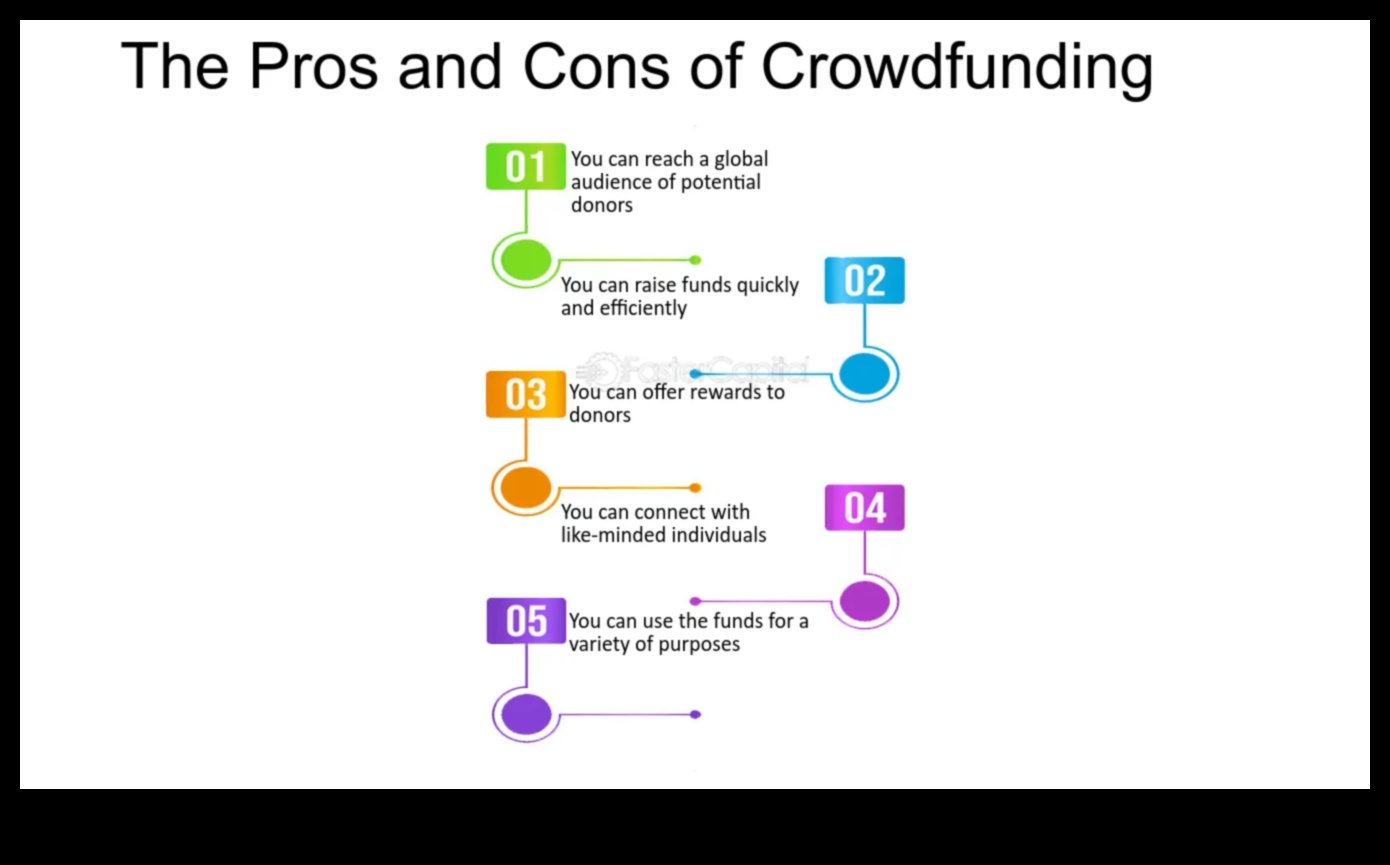
II. Types of crowdfunding
There are many different types of crowdfunding, each with its own set of advantages and disadvantages. The most common types of crowdfunding include:
- Donation-based crowdfunding
- Reward-based crowdfunding
- Debt-based crowdfunding (also known as peer-to-peer lending)
- Equity crowdfunding
Each type of crowdfunding has its own unique set of rules and regulations, so it’s important to do your research before you decide which type of crowdfunding is right for you.
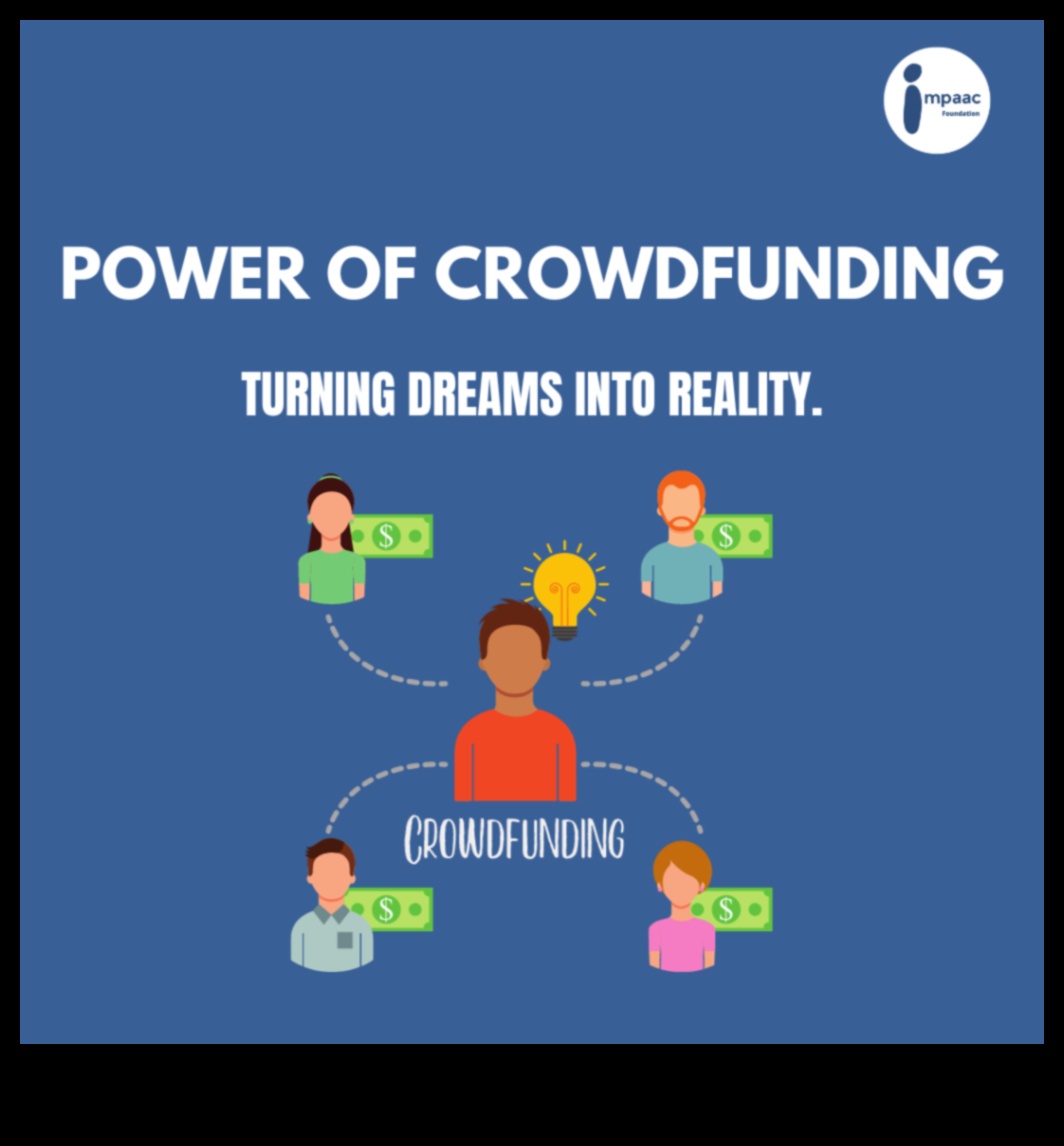
VII. How to choose the right crowdfunding platform
There are many different crowdfunding platforms available, each with its own unique features and benefits. When choosing a crowdfunding platform, it is important to consider the following factors:
- The type of project you are crowdfunding
- The amount of money you need to raise
- The timeline for your campaign
- The fees associated with the platform
- The level of support offered by the platform
Once you have considered these factors, you can start to narrow down your choices. Here are a few of the most popular crowdfunding platforms:
- Kickstarter
- Indiegogo
- GoFundMe
- Fundly
- Crowdrise
Each of these platforms has its own unique features and benefits, so it is important to do your research and choose the platform that is the best fit for your project.
How to create a successful crowdfunding campaign
Creating a successful crowdfunding campaign takes time, effort, and planning. However, if you follow the tips below, you can increase your chances of success:
- Choose a project that is well-defined and has a clear goal.
- Set a realistic funding goal.
- Create a compelling pitch video or campaign page.
- Build a strong social media following and engage with your audience.
- Promote your campaign through paid advertising and other channels.
- Stay on top of your campaign and respond to questions and comments from backers.
For more detailed information on how to create a successful crowdfunding campaign, check out our comprehensive guide:
How to Create a Successful Crowdfunding Campaign
How to manage your crowdfunding campaign
Once you have launched your crowdfunding campaign, it is important to manage it effectively in order to maximize your chances of success. Here are a few tips for managing your crowdfunding campaign:
- Set realistic goals. When setting your crowdfunding goal, it is important to be realistic about how much money you can raise. If you set your goal too high, you are less likely to reach it and your backers may lose confidence in your campaign.
- Promote your campaign. The more people who know about your campaign, the more likely you are to raise money. Make sure to promote your campaign on social media, your website, and in other relevant places.
- Stay engaged with your backers. Keep your backers updated on the progress of your campaign and thank them for their support. This will help to build a relationship with your backers and encourage them to continue supporting your campaign.
- Be prepared to answer questions. Backers will likely have questions about your campaign, so be prepared to answer them in a timely and informative manner.
- Be patient. Crowdfunding campaigns can take time to raise money. Don’t get discouraged if you don’t reach your goal immediately. Just keep promoting your campaign and stay engaged with your backers.
By following these tips, you can increase your chances of successfully managing your crowdfunding campaign.
FAQ
Q: What is crowdfunding?
A: Crowdfunding is a way of raising money for a project or venture by asking a large number of people for small amounts of money.
Q: What are the different types of crowdfunding?
A: There are three main types of crowdfunding: donation-based, reward-based, and equity-based.
Q: How does crowdfunding work?
A: Crowdfunding platforms allow people to create campaigns to raise money for their projects. Once a campaign is created, people can donate money to the campaign in exchange for rewards, such as products, services, or equity.
Q: What are the benefits of crowdfunding?
A: Crowdfunding can provide a number of benefits for entrepreneurs, including:
- Access to capital
- Marketing and promotion
- Validation of ideas
- Building a community
Q: What are the drawbacks of crowdfunding?
A: Crowdfunding can also have some drawbacks, including:
- Risk of failure
- High fees
- Dilution of ownership
Q: What are the best crowdfunding platforms?
A: There are a number of different crowdfunding platforms available, each with its own unique features and benefits. Some of the most popular platforms include:
- Kickstarter
- Indiegogo
- GoFundMe
- Fundable
- SeedInvest
Q: How to choose the right crowdfunding platform?
A: When choosing a crowdfunding platform, it is important to consider the following factors:
- The type of project you are funding
- Your budget
- Your goals
- Your timeline
Q: How to create a successful crowdfunding campaign?
A: There are a number of things you can do to create a successful crowdfunding campaign, including:
- Do your research
- Create a compelling pitch
- Set realistic goals
- Promote your campaign
Q: How to manage your crowdfunding campaign?
A: Once you have launched your crowdfunding campaign, it is important to manage it effectively in order to maximize your chances of success. Some things you can do to manage your campaign include:
- Respond to comments and questions
- Update your campaign regularly
- Thank your backers